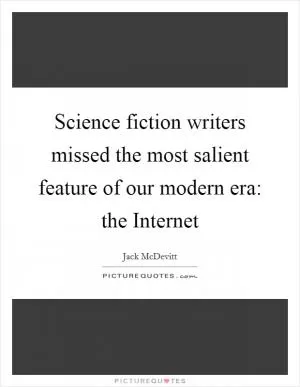Defend your opinion only if it can be shown to be true, not because it is your opinion

Defend your opinion only if it can be shown to be true, not because it is your opinion
In the world of literature, particularly in the realm of science fiction, author Jack McDevitt is a prominent figure known for his thought-provoking and imaginative storytelling. His works often explore themes of space exploration, human nature, and the mysteries of the universe. As with any author, McDevitt's writing style and themes may not resonate with every reader, leading to differing opinions on the quality and merit of his work.When it comes to defending one's opinion on McDevitt's writing, it is important to remember the distinction between personal preference and objective analysis. While it is perfectly valid to have a personal opinion on a particular author or work, it is crucial to base any defense of that opinion on factual evidence and critical evaluation rather than simply asserting one's subjective viewpoint.
For example, if someone were to argue that they do not enjoy McDevitt's novels because they find his writing style to be dry and lacking in emotional depth, that is a valid personal opinion. However, simply stating that opinion without any further justification or evidence does not constitute a strong defense of that viewpoint. In order to effectively defend this opinion, one would need to provide specific examples from McDevitt's work that support the claim of a dry writing style and demonstrate how this impacts the emotional depth of the narrative.
On the other hand, if someone were to argue that McDevitt's novels are scientifically inaccurate or implausible, that is a claim that can be objectively evaluated based on the accuracy of the scientific concepts presented in his work. In this case, a defense of this opinion could involve citing specific instances of scientific inaccuracies in McDevitt's writing and explaining how these errors detract from the overall credibility and believability of the story.












 Friendship Quotes
Friendship Quotes Love Quotes
Love Quotes Life Quotes
Life Quotes Funny Quotes
Funny Quotes Motivational Quotes
Motivational Quotes Inspirational Quotes
Inspirational Quotes